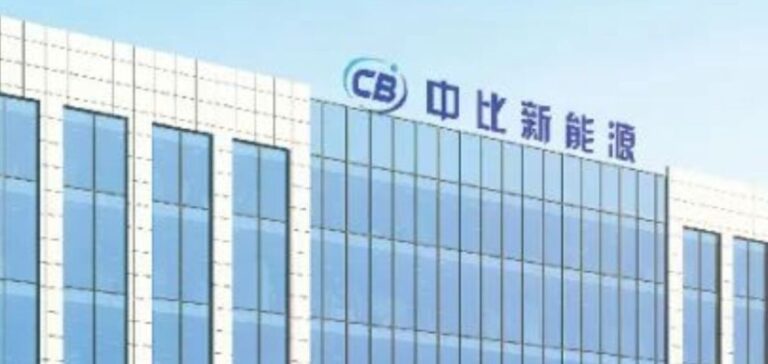CBAK Energy Technology Inc., a company specialising in lithium-ion and sodium-ion batteries, announced it had captured 14.6% of the global market for 32140 cylindrical cells in the first quarter of 2025. These results, published by the Start Point Institute of Research (SPIR), rank the company fourth globally, behind three unnamed multinational competitors.
Headquartered in Dalian, China, CBAK Energy has strengthened its position in this large-format battery segment, intended for high energy density applications. SPIR confirmed that this market share represents a significant performance in a competitive sector characterised by the growing influence of international suppliers.
Moderate decline after record performance in 2024
In February, the company had reported a 19% market share for the full year 2024 in the same battery category. This slight decline is attributed by the company to order adjustments from major clients and increased market competition. Nevertheless, Q1 2025 shipment volumes remain stable, indicating commercial resilience in the cylindrical cell segment.
The SPIR report highlights that the 32140 cell, larger in format than conventional models, is gaining traction in next-generation electric vehicles and stationary storage systems. This structural shift in the market benefits manufacturers capable of large-scale production with high industrial quality standards.
Commercial outlook and strategic development
The company confirmed it is in advanced discussions with several existing and new clients. Although the names of the partners were not disclosed, these negotiations aim to secure additional volumes for upcoming quarters. CBAK Energy is leveraging both its existing production capacities and the development of new lines dedicated to cylindrical formats.
According to the company’s Chief Executive Officer Zhiguang Hu, the growing acceptance of 32140 cells reflects the group’s technical and industrial positioning strategy. No information was provided regarding margin developments or geographic sales breakdown. However, the company stated it intends to continue investing in optimising its production lines to meet rising demand.





















